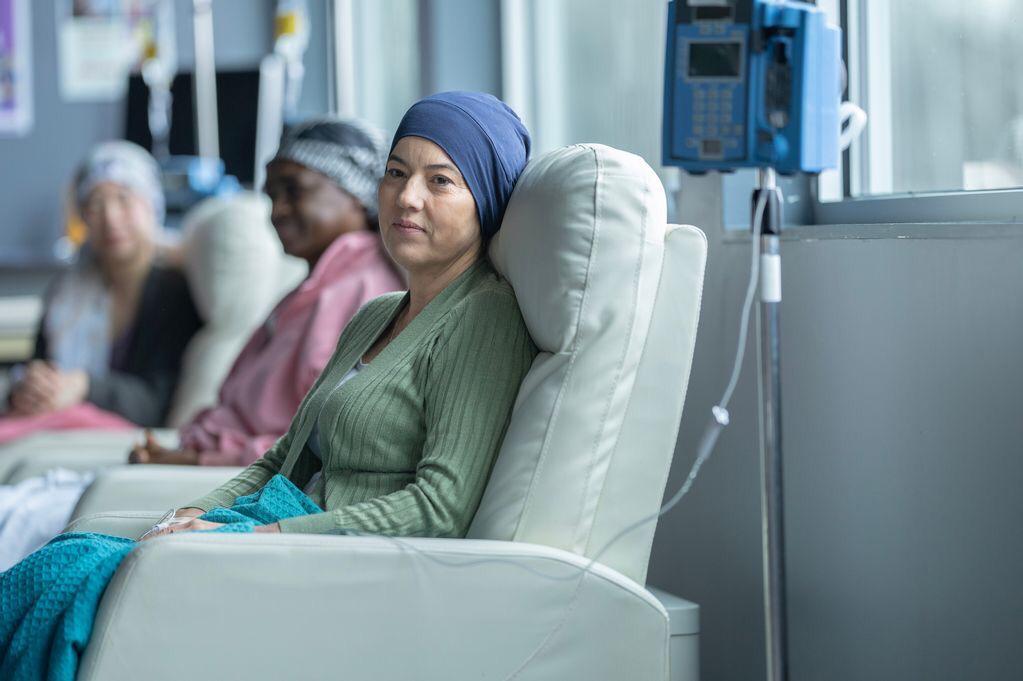Cancer is no longer just a disease that affects older adults. Recent research shows that more people in their twenties, thirties, and early forties are being diagnosed with cancer, especially breast and colorectal cancer. While scientists continue to search for the exact causes, health experts say that young adults can start taking action now to protect themselves.
Dr. Arif Kamal, Chief Patient Officer at the American Cancer Society, explained that for many years, cancer was thought to be the result of bad luck or bad genetics. “It’s this thing that sneaks up on you when you’re not looking,” he said. “But today we understand that how we live has a big impact on our chances of developing cancer.”
Although genetics play a part, lifestyle and environmental factors have become increasingly important in cancer prevention. Dr. Kamal said that forming healthy habits early in life can make a real difference. “What we’re trying to do is build the healthy habits to keep trouble away over time,” he noted. “If we want to see fewer people diagnosed with cancer, it starts with how we live in our twenties and thirties.”
Obesity and alcohol consumption are known to increase the risk of both breast and gastrointestinal cancers. Dr. Ann Partridge, co-founder of the Young Adults with Breast Cancer Program at Dana-Farber Cancer Institute, emphasized the importance of personal responsibility. “You can’t control your family history or when you got your first period,” she said. “But you can control what you eat, how often you exercise, and how much alcohol you drink. Taking good care of yourself really matters.”
Some cases of cancer among young adults, however, cannot be explained by lifestyle alone. Many young people diagnosed with colorectal cancer are neither overweight nor unhealthy, which has led researchers to look more closely at environmental causes. Dr. Kimmie Ng, director of the Young-Onset Colorectal Cancer Center at Dana-Farber, said that the rise in colorectal cancer points to environmental factors as a likely reason. “We still don’t know exactly what those exposures are,” she added, “but it’s clear that something in the environment is contributing.”
According to the American Cancer Society, regular exercise, a balanced diet, and limiting alcohol are among the most effective ways to reduce the risk of cancer. Staying active, eating plenty of fruits, vegetables, and whole grains, and avoiding sugary drinks and highly processed foods all help to protect long-term health.
Research shows that about 40 percent of all cancer cases in the United States are linked to lifestyle factors such as weight, smoking, and alcohol use. Experts also agree that healthy habits developed early in life can have lasting effects. However, the increase in cancer among young people who seem otherwise healthy highlights the need to better understand the environmental influences that may be at work.
While genetics and environment cannot be fully controlled, experts say small daily choices—like eating well, exercising, and avoiding harmful substances—can go a long way in lowering cancer risk. As Dr. Kamal put it, prevention begins long before symptoms appear, and the decisions young adults make today can shape a healthier future.





